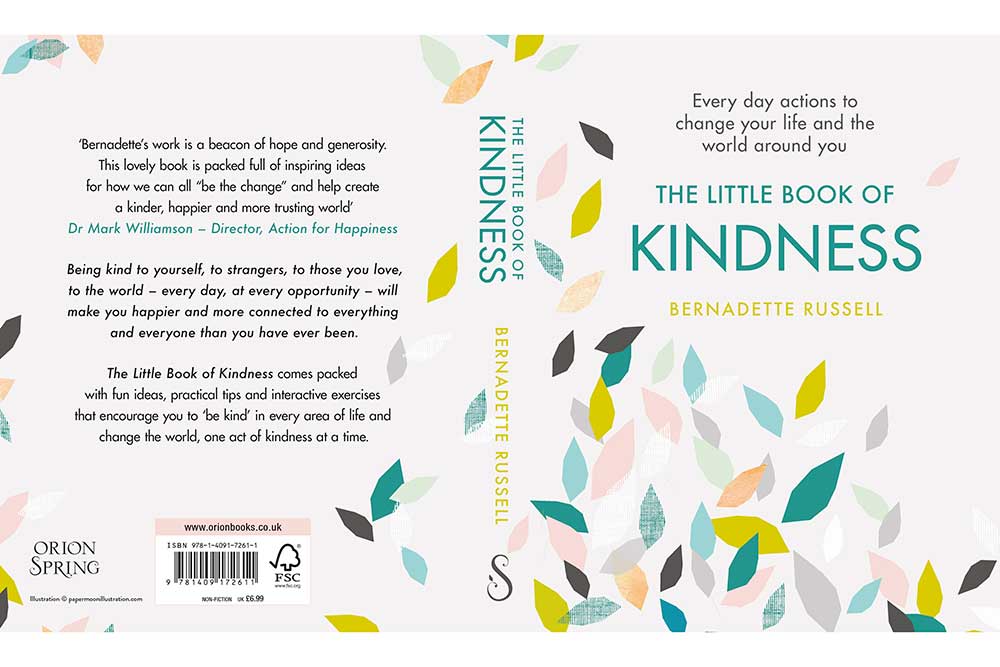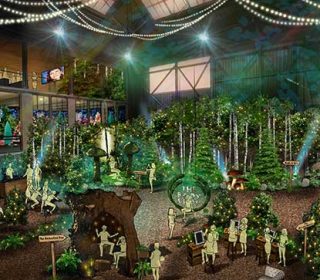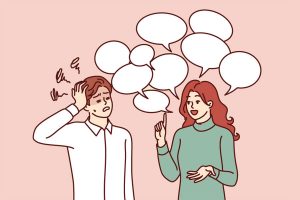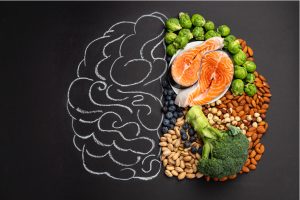An opportunity to make the world anew
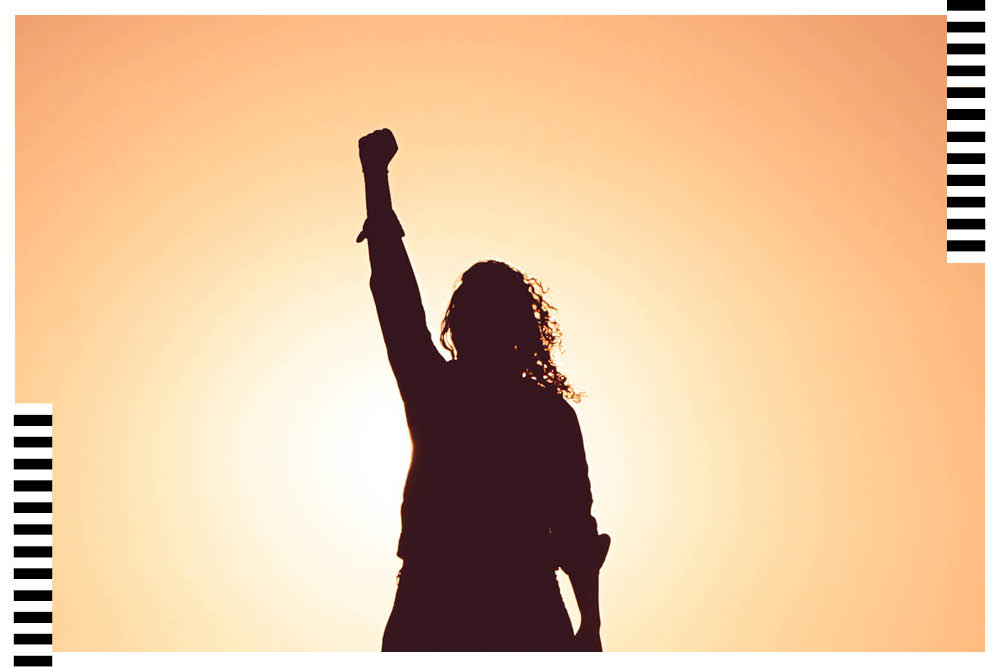
On 14 March 2020, I went to visit a sheltered housing facility for the over 60s in West London. I was there for the first “introductory” session for a project I was creating for the Royal Albert Hall. I’m a freelance theatre director, performer and writer, you see. We greeted each other elbows aloft (instead of the customary hugs – we are usually a tactile bunch) and we laughed at how daft it seemed. We did use hand sanitiser, as advised, but we also sat next to each other. Only one lady chose to sit further apart, she said she was worried about what she’d seen on the news. Most of us chatted about how it was “probably nothing to worry about.” We talked about what we had planned for the next few weeks. We were going to write and record some poetry, try some puppetry, plan a party, devise a storytelling walking tour. It didn’t occur to any of us that we wouldn’t be able to do any of those things.
That was only a few weeks ago, and since then the world changed. Overnight, all my work was cancelled or indefinitely postponed, my inbox was full of messages of venues and building closures, shows and projects being put on hold. I lost a year’s income in one week, as did countless others. We supported each other, we tried hard not to worry, but lots of us didn’t sleep very well, in those early days. We contacted the participants in the sheltered housing and began to work out a way of delivering our project via the post, we sent them CDS with “We’ll Meet Again” by Vera Lynn on, so we could sing together from a distance, and said we looked forward to seeing them soon.
Our worlds got smaller, very quickly, and time-warped, days stretching and lengthening, getting baggy and losing shape, sometimes a week felt like a month, other times a single day passed in the blink of an eye.
A LIFE LESS ORDINARY
Whilst I was adjusting to my new reality, my sister, an NHS psychiatric nurse, was transferred to A&E in her hospital as so many of her colleagues were ill and in hospital themselves. She told me she was scared (my sister has never said those words before, despite many challenging times at work). This put my own troubles into perspective. There were people, my sister included, putting their lives on the line daily, and there was a lot to be grateful for. Remembering this helped.
I felt overwhelmed, but everyone I knew was overwhelmed, concerned for themselves or vulnerable loved ones, shocked at the loss of earnings and security, scared of the implications of this pandemic, worried about having enough to eat, unsure of what to do. The news filled with images of toilet roll hoarding and fights over bags of pasta. Shops started to shut. Flights cancelled. We all quickly learned how to use Zoom.
It was all so hard to process, sometimes difficult to believe, as if we were extras in an apocalyptic B-movie, except this one was simultaneously boring and stressful, set in Lidl, and with no lone hero coming to the rescue.
Only this wasn’t a movie. It was really happening, and we couldn’t tell when it was going to end, or how bad it was going to get. The news was terrifying.
Then we began to hear the other stories. Kind, charming and surprising stories. Like the story of residents singing to their neighbours from their balconies in Italy. Like the Spanish police officers who danced and sang in the deserted streets as people watched and clapped from their windows. People-watching in delight as a herd of goats took over their town centre in Wales one night, like a group of wild teenagers. Videos of sheep playing on a roundabout in an abandoned playground. A pair of teenage boys in Rotherham delivering care packages for people in their community who may not be able to get out. A man buying fish and chips for everyone in his village. Footballers offering their hotel rooms for free to NHS workers. A choir of children singing outside an old people’s home to the delighted residents. Everyone reporting clear skies, cleaner air, that they could hear the birds singing. These other, brighter stories, little beacons of light in the dark, really helped.
HOSPITABLE HUMANITY
Closer to my own home, in Deptford SE London, things started to happen, too. Local groups sprang up and into action to pick up prescriptions and food for people who may not be able to do it themselves. I dropped homemade notes to my neighbours, and we all exchanged numbers and became pen pals (we’re are doing WhatsApp too, but we all agree that leaving each other letters and gifts on each other’s doorsteps is much more fun). The local community food store in the estate opposite made sure that all the local children got Easter Eggs, reporting that the generosity and kindness of our community was “never-ending”. So far, my neighbours have left me: a bunch of flowers, a box of fudge, an Easter egg, paracetamol, and several handwritten letters. Every day I am hugely thankful for the kindness of strangers. In the spirit of this and, with the help of some pavement chalk and felt tip pens, unable to volunteer because of my own pre-existing health condition, we made the front of our house into a “gratitude gallery”- and covered our walls and windows with thank you notes to everyone we could think of.
Then on the 28 March, we in Deptford joined the rest of the country and began our Thursday night tradition of #clapforcarers. Whilst doing so, it didn’t take long for us to realise that the refuge collectors, teachers, social workers, shop staff, delivery workers, postal workers, cleaners and all those others on the front line, were all our heroes. We felt immense gratitude, and we expressed our gratitude all together out loud – with the “rough music” of clapping, shouting, tooting horns and banging saucepan lids. My sister and her colleagues told me they felt “overwhelmed by thanks”, and hugely appreciated. The next day I left some biscuits for the bin men and chocolates for the posties. Our postie told me he had been looked after with other gifts and thanks, and that it was hard but that “people have been so nice”.
Another big part of this adjusting and learning was getting our heads around exactly what two metres looked like. Most of us did our best to maintain social distancing, yet in spite of this something extraordinary started to happen. It was as if magically by keeping our distance, we became closer. Suddenly people were working alongside each other in Sainsbury’s, or meeting each other for the first time on their doorsteps on a Thursday night, brought together by shared gratitude, or saying, “Hello, how are you?” in the park to total strangers, and being sincerely interested in the reply.
WHAT LIES BENEATH
Nestling amongst the rubble of our pre-COVID lives, there amongst the grief, worry, frustration, rage, sadness, was our craving and desire to connect, to help, to serve, to be kind. We were falling over ourselves to help each other. We saw we were inextricably connected and reminded of the depth and truth of our interconnectedness, with our communities but also globally, how deeply and profoundly we rely on each other and how we are able to depend on each other when we need to. We have stepped up, and we have borne witness to each other’s goodness and generosity. The news has transformed also, with the sudden recognition for all media outlets to tell the positive stories that demonstrate the goodness of human beings from all over the world.
If you had lost your faith in people, if you had lost hope in things ever improving, then allow this time to restore it for you.
I never lost mine, I always believed in kindness as a radical and revolutionary power which could transform the world if it spread. I believe it has been spreading over the last few years anyway, and this pandemic resulted in a second contagion of love and compassion, and we must keep hold of this. I hope that those who have been inspired to help loved ones, strangers and neighbours in this hour of need enjoyed what they gave and will remember that they enjoyed it and be encouraged to make it a habit not just something that happens in extraordinary times. I hope those who found themselves panicking and worrying and stockpiling will forgive themselves and be forgiven. Then we can begin to help ourselves feel less fearful and recognise what creates that fear in the first place. Dickens is the writer who has most come to mind during all this for me – this quote returning to me again and again :
“It was the best of times, it was the worst of times, it was the age of wisdom, it was the age of foolishness, it was the epoch of belief, it was the epoch of incredulity, it was the season of light, it was the season of darkness, it was the spring of hope, it was the winter of despair.”
This time has been all of those things. We must, with clear eyes and courage, look at it all, but use this time and the incredible acts of self-sacrifice and generosity, not only from our magnificent medical professionals and other front line workers but from us ordinary people, too, to hold on to faith in each other from this: this happened and this is how we responded, with love. As Boris Johnson said in his speech about the NHS after coming out of hospital “it is powered by love”. He was right, but I’d go further and say: the whole world is powered by love.
I hope, like me, you have been encouraged by the outpouring of love and by what you have seen in these weeks.
ANOTHER WAY
Meanwhile, back in Deptford, all across London, and throughout the UK, windows have been decorated with rainbows created by kids and adults and put on display to remind us of hope. Nature with her display of blossom, and nesting birds, and playful lambs, reminds us of hope too, as spring has always represented hope for us, and new beginnings. For many years the knowledge that we all hold deep down, that being kind to ourselves and each other, feels good and is its own reward, is supported by the research of neuroscientists who now know that our bodies provide us with oxytocin, dopamine and serotonin – the magical trio which you’ll recognise as the buzz known as the “helpers high”. I hope that anyone who has experienced that lovely feeling will be encouraged to keep doing it long after this pandemic is a distant memory so that to know and care for each other is not extraordinary, but ordinary.
In the letters I wrote to my friends (the participants of the creative project in sheltered housing), I spoke about how important it is that we take time and allow ourselves to grieve and mourn all that we have lost, but also that we have the courage to acknowledge what we have gained and which of these gains we would like to keep. I wrote to them about how I believe we now have the chance to make a better world, and that we could all decide what we would like that better world to be. I’m looking forward to seeing them again and hearing their ideas.
I invite you to consider the same right now: what have you gained in this time? What has changed and what of those changes would you like to keep? What kind of world do you want when all this is over? Because this is our chance right here, our “once in a lifetime” opportunity to make the world anew.



